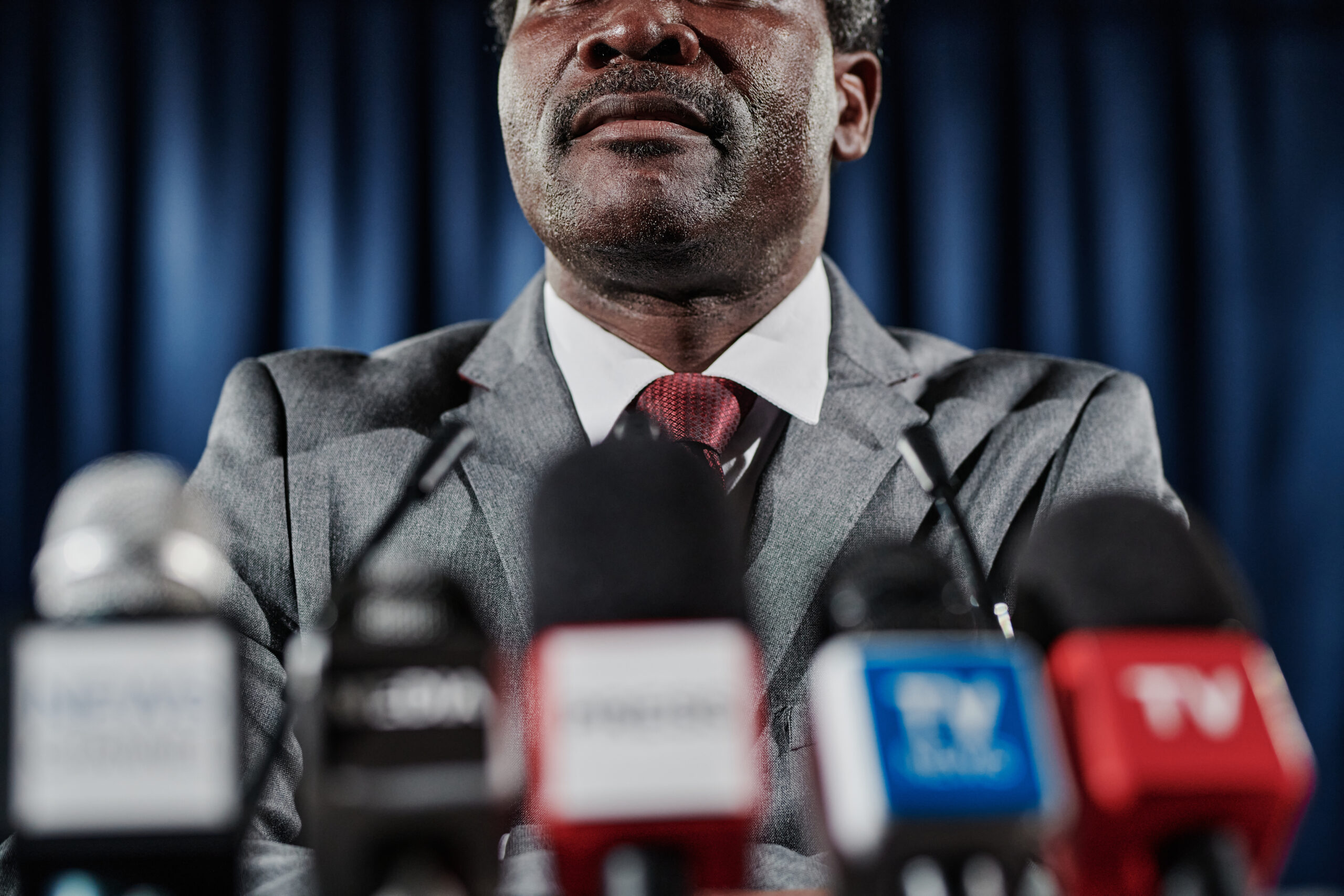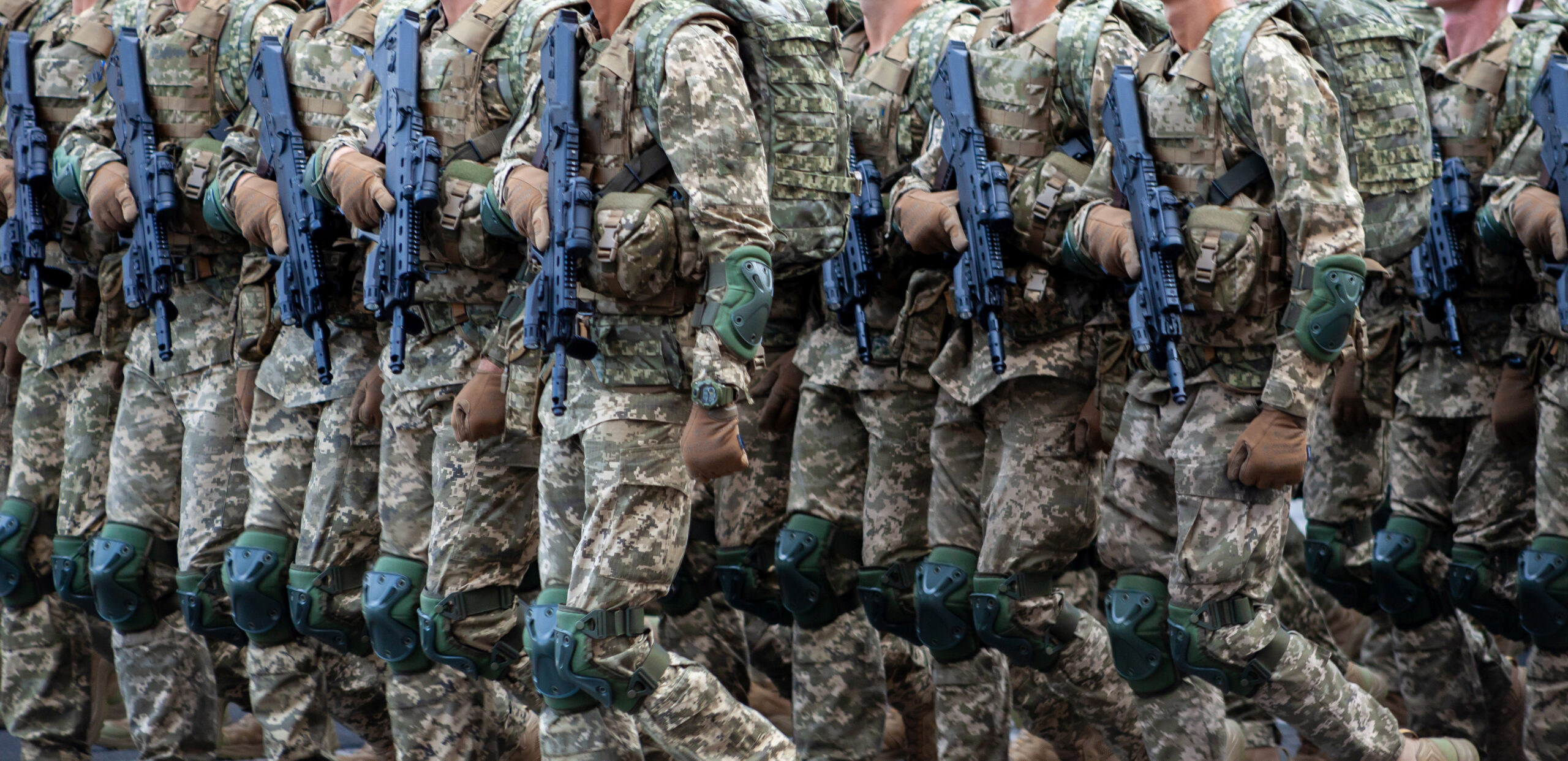In a dramatic turn of events following the announcement of President Ali Bongo’s victory in the Gabonese presidential election, a group of senior military officers took to the airwaves to declare the suspension of elections and the closure of borders. The move has sent shockwaves throughout the nation and raised concerns about the stability and future of Gabon’s democratic processes.
A Controversial Election Outcome
President Ali Bongo’s victory in the election was met with immediate controversy and allegations of irregularities. The incumbent president secured his third term in office, according to the Gabonese election commission. However, his win was contested by opposition groups, led by his main rival, who accused the government of voter manipulation and fraud.
Military Intervention and Announcement
Amidst this political turmoil, a group of high-ranking Gabonese military officers appeared on national television in the early hours of Wednesday to make a startling announcement. These officers declared the suspension of elections and the closure of the nation’s borders, throwing the country into a state of uncertainty and confusion. The move came as a shock to many and has sparked widespread debate about the military’s role in the nation’s political affairs.
Impact on Democracy and Stability

The military’s intervention in the political process and the suspension of elections have raised significant concerns about the state of democracy and stability in Gabon. The abrupt nature of the announcement has left citizens and international observers wondering about the motivations behind this decision and its potential consequences for the nation’s democratic institutions.
The suspension of elections threatens to undermine the progress Gabon has made in recent years towards establishing a stable political environment. The abrupt halt to the electoral process can lead to increased political polarization, public unrest, and erode trust in the country’s democratic system.
International Response and Diplomatic Pressure
The international community has reacted swiftly to the developments in Gabon. Various nations and international organizations have expressed their concerns about the military’s involvement in the political process and the suspension of democratic activities. Calls for a peaceful resolution and the restoration of democratic processes have resonated from diplomatic channels worldwide.
Gabon’s political future now lies in the hands of diplomatic efforts aimed at urging all parties involved to find a peaceful and negotiated solution. The situation has brought into sharp focus the importance of international collaboration in safeguarding democratic norms and the rule of law.
Toward Resolution and Reconciliation
As the nation grapples with the fallout from the military’s intervention, efforts toward resolution and reconciliation become paramount. The Gabonese government, the opposition, and the military must engage in dialogue to address the grievances that led to this drastic step. Rebuilding trust, upholding the principles of democracy, and restoring political stability are essential for Gabon’s future.

The suspension of elections by Gabonese soldiers following President Ali Bongo’s victory announcement has thrown the nation into a state of uncertainty and raised profound questions about the state of democracy and governance. As the international community watches closely, the need for a peaceful resolution that respects democratic principles becomes ever more critical. Gabon’s leaders and institutions must work collectively to navigate through this crisis, ensuring that the nation’s democratic progress remains intact and that stability and unity prevail.
A Case For Blockchain Voting System

The recent disputed elections in Gabon have highlighted the pressing need for a more transparent and secure voting system. The introduction of a blockchain-based voting system could offer a potential solution to address these concerns. Blockchain’s decentralized nature ensures tamper-proof recording of votes, enhancing transparency and reducing the likelihood of fraud. Each vote would be securely stored in a digital ledger, accessible to authorized participants, while maintaining the anonymity of voters. By embracing blockchain technology, countries like Gabon could restore trust in their electoral processes, fostering greater confidence in the democratic system and preventing contentious disputes over election results.

